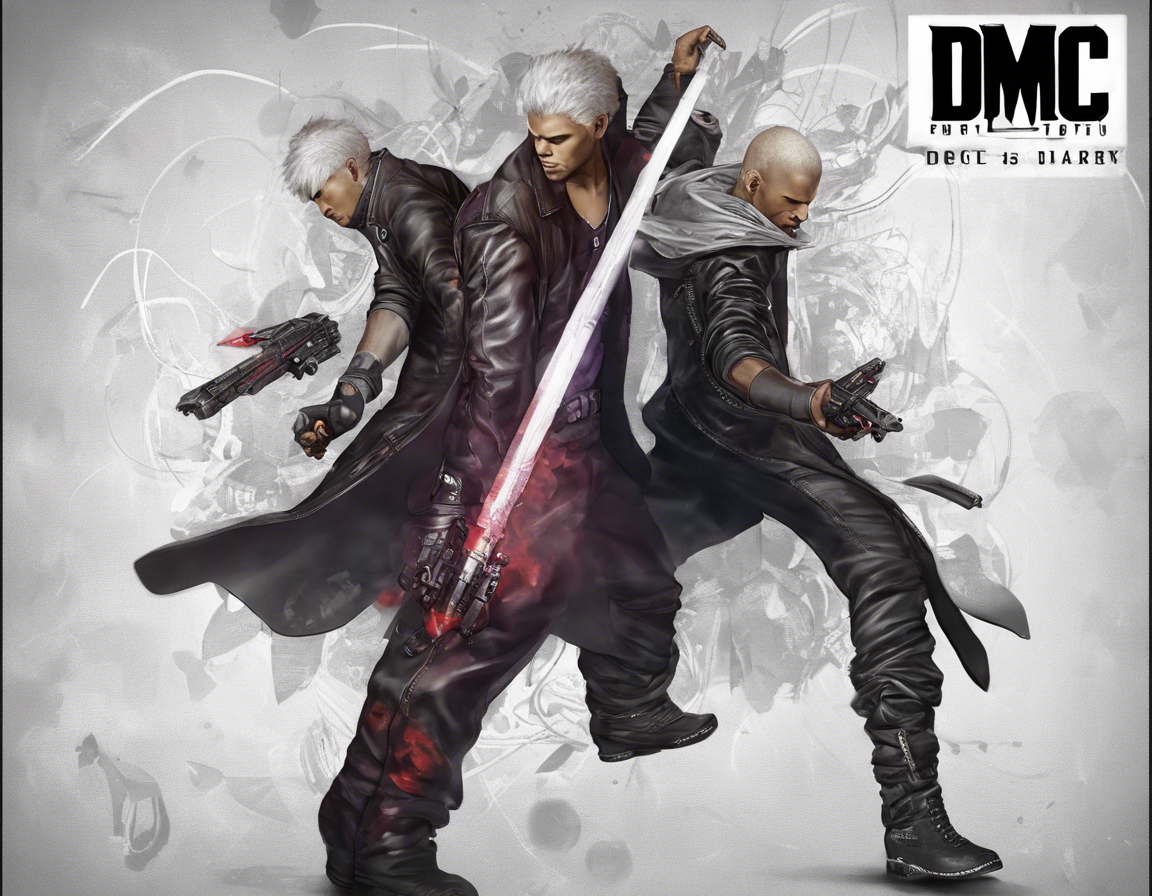
Discovering the Meaning of DMC in Less Than 50 Characters
Are you familiar with the term “DMC” but unsure about what it stands for or its significance? In today’s digital age, where acronyms and abbreviations are abundant, it’s essential to understand the meanings behind various terms. This article will delve into the meaning of DMC in less than 50 characters, providing you with a comprehensive understanding of this commonly used acronym.
Defining DMC:
DMC stands for Direct Message Chat.
Understanding DMC:
Direct Message Chat, abbreviated as DMC, refers to private conversations that occur between two individuals or a group in a chat-based platform. DMC allows users to communicate discreetly without their messages being visible to the public. It offers a sense of privacy and exclusivity, enabling individuals to share information, exchange thoughts, and engage in discussions away from the public eye.
Importance of DMC:
- Privacy: DMC ensures that conversations remain confidential between the participants.
- Personalization: It allows for direct and personalized communication tailored to specific individuals or groups.
- Efficiency: DMC streamlines communication by eliminating noise and distractions often present in public forums.
- Effective Networking: It facilitates networking and relationship-building in a more intimate setting.
- Immediate Response: DMC enables quick responses and real-time interactions for swift decision-making.
Guidelines for DMC Etiquette:
- Respect Privacy: Avoid sharing sensitive information or confidential details in group DMCs.
- Clear Communication: Be concise and clear in your messages to avoid misunderstandings.
- Professionalism: Maintain professionalism in your tone and language, especially in business-related DMCs.
- Timely Responses: Ensure prompt replies to messages to demonstrate respect for other participants’ time.
- Avoid Spam: Refrain from sending unsolicited messages or excessive messages to prevent spamming.
Best Practices for Utilizing DMC in Social Media:
- Engage with Followers: Use DMC to engage with followers, respond to queries, and foster a sense of community.
- Customer Support: Provide customer support through DMC to address concerns privately and promptly.
- Collaborations: Initiate partnerships or collaborations with other users or brands through DMC for more personalized discussions.
- Feedback Collection: Gather feedback from customers or followers through DMC to encourage candid responses.
- Networking: Expand your network by connecting with industry professionals or like-minded individuals through DMC.
DMC in Business Communication:
- Client Relations: Maintain client relationships through private DMCs for personalized interactions.
- Team Collaboration: Use DMC for internal team communication, quick updates, and discussions.
- Sales Outreach: Reach out to potential leads or prospects through DMC for a more personalized sales approach.
- Feedback Channels: Create DMC channels for collecting feedback from customers to improve products or services.
- Crisis Management: Address crises or issues discreetly through DMC to prevent public escalation.
Curating a DMC Strategy:
- Identify Objectives: Define your goals for using DMC, whether it’s customer support, networking, or sales outreach.
- Audience Segmentation: Segment your audience to tailor DMC interactions based on their preferences or needs.
- Content Planning: Prepare relevant content or responses in advance to ensure timely and engaging communication.
- Monitoring and Analysis: Track DMC metrics, response rates, and engagement to refine your strategy over time.
- Adaptation: Stay adaptable and open to feedback, adjusting your DMC strategy to meet evolving communication needs.
Frequently Asked Questions (FAQs) about DMC:
1. What is the difference between DMC and public messaging on social media platforms?
– DMC involves private conversations between individuals or groups, whereas public messaging is visible to all users on the platform.
2. Are DMCs secure for sharing sensitive information?
– While DMCs offer a level of privacy, it’s essential to exercise caution when sharing confidential details or sensitive information.
3. Can businesses use DMCs for marketing purposes?
– Yes, businesses can utilize DMCs for personalized marketing strategies, customer support, lead generation, and more.
4. How can one initiate a DMC on social media platforms?
– Look for options like “Message” or “DM” on the user’s profile to start a direct message conversation.
5. Is it appropriate to use emojis and GIFs in professional DMCs?
– Using emojis and GIFs can add a touch of personality to your messages, but it’s advisable to gauge the appropriateness based on the context and recipient.
6. Can DMCs be automated for efficiency in business communication?
– Yes, businesses can leverage automation tools to manage DMCs efficiently, but it’s crucial to maintain a human touch and personalization.
7. Are DMCs commonly used for resolving customer complaints or inquiries?
– DMCs are frequently employed for customer support to address complaints, inquiries, or issues privately and effectively.
8. How can one maintain organizational records of DMC interactions for future reference?
– Utilize platforms that offer the option to save or archive DMC conversations for documentation and reference purposes.
9. Can DMCs be used for conducting confidential surveys or feedback collection?
– Yes, DMCs provide a private channel for conducting surveys or collecting feedback from individuals while ensuring confidentiality.
10. Are there any restrictions on the length of messages in DMC conversations?
– While platforms may have varying character limits for DMCs, it’s advisable to keep messages concise and relevant for effective communication.
By understanding the significance of DMC, implementing best practices, and following etiquette guidelines, individuals and businesses can leverage this communication tool effectively. Direct Message Chat offers a valuable opportunity for private interactions, personalized communication, and relationship-building in today’s interconnected digital landscape.

